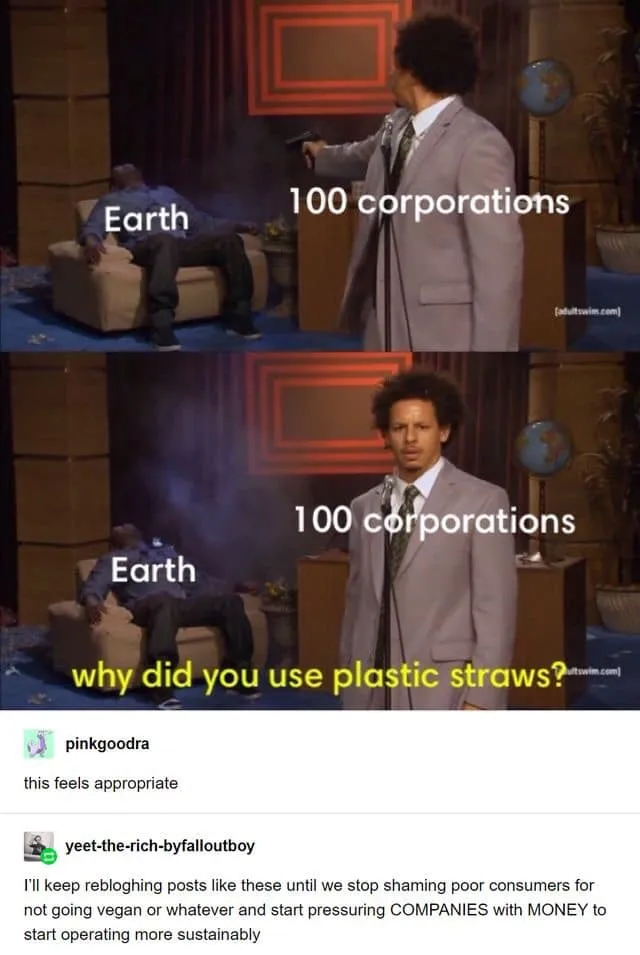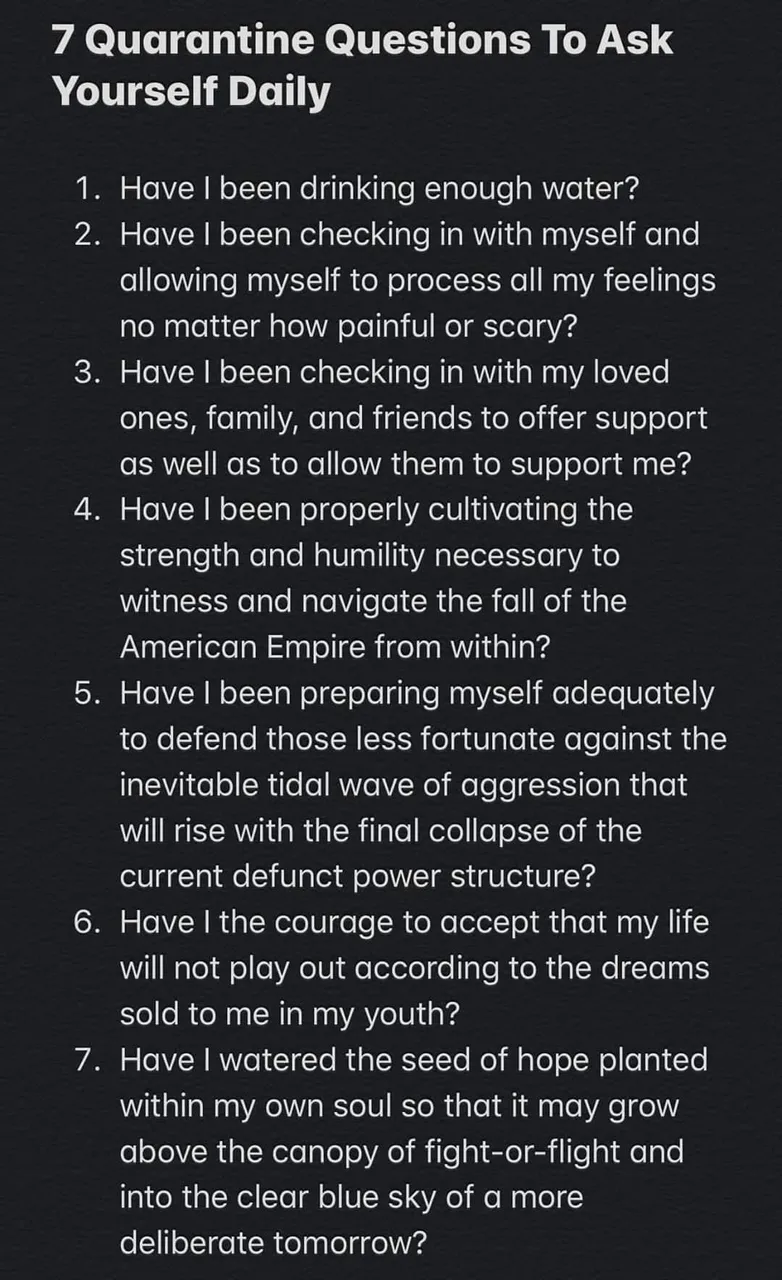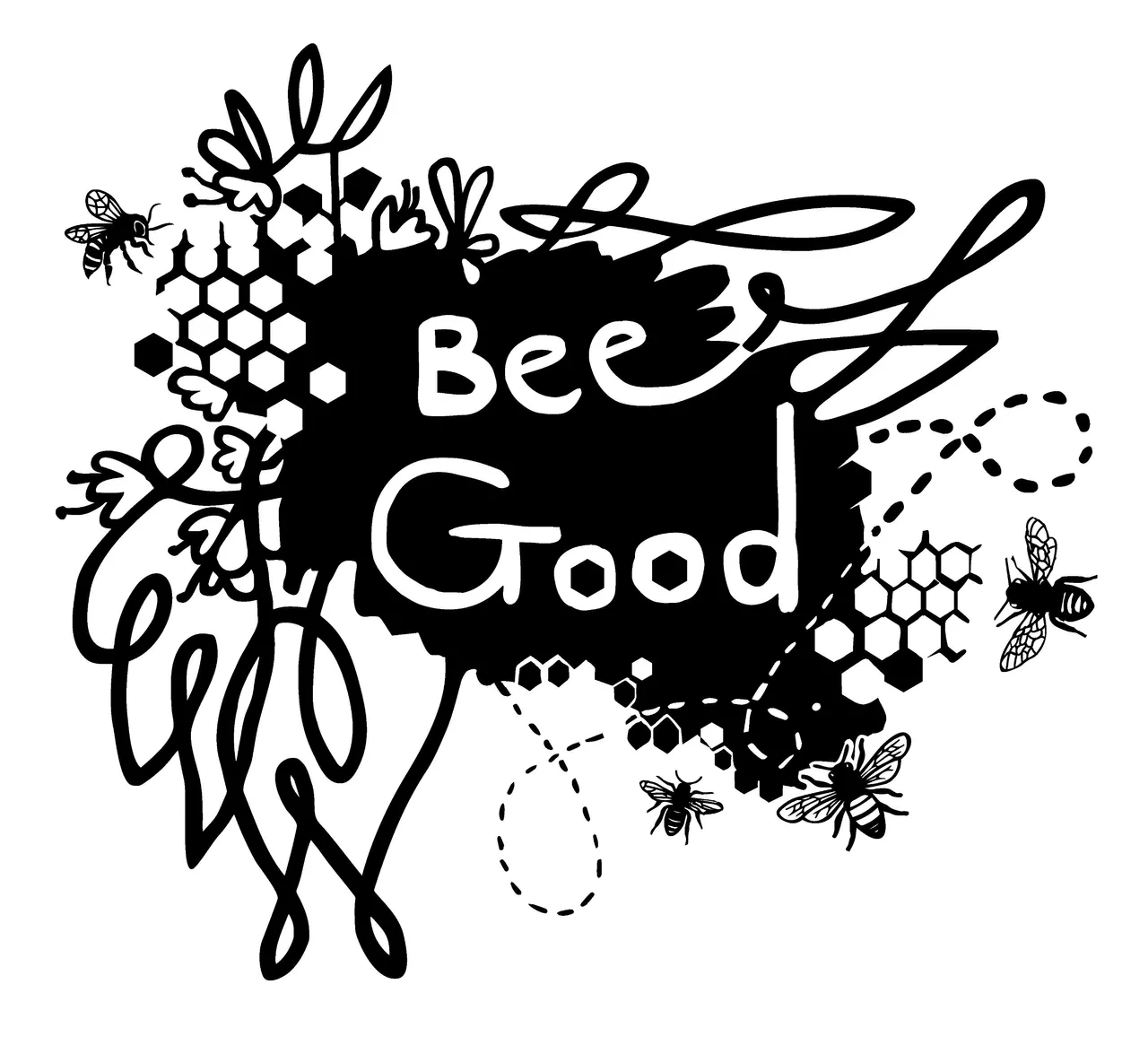Hey, Hivers! So I've been chewing on this month's challenge prompt about balance, and I had a bit of an idea about how different people try to solve the problems in the world, and get burnt out by their efforts.
You see, I think many of us start from a similar observation, but go down two different paths from that point.
Speaking from a US perspective, we are all generally propagandized much the same way: we go to school, where we learn the same rah-rah, we're the good guys, Greatest Nation On Earth, democracy, freedom, anybody can achieve the American Dream if they just work hard, etc., etc. And we're sent out into the world to Achieve and Succeed. But unless you were very lucky and everything worked out well for you, eventually things start to go south and you begin to realize ...hey. This doesn't really work the way I was told that it does. This game seems rigged.

And then you start to ask questions. Some people see this system and say, "OK, how do we fix it and make it better?" and some people see it and say, "How did this happen, who created this mess?"
Now, both of these lines of questioning are valid. I'm not trying to say one is better than the other. If you're team fix it, you start looking for solutions; if you're team what happened, you're looking to prevent it from happening again by understanding how we got here in the first place. Both are important and fair questions to ask.
If you're team fix it, you perhaps went down a path like I did: you start reading about WHAT the problems are and what solutions people are proposing to remedy them; you start getting involved with organizations and nonprofits and politics; you do a lot of personal actions like maybe greening your life or going to protests or volunteering; you're basically studying the problem and trying out different ideas to fix it, like an inventor in a workshop.
If you're team what happened, you get way more in depth with the history; you're looking for the big picture and the reasons WHY rather than WHAT; or perhaps WHO rather than WHAT, because obviously, someone started this ball rolling, right? Systems don't just magically appear on their own out of the ether.

And there are distractions on both paths. How much time did I waste with politics believing we could fix the system from within, or that this or that representative actually gave a damn about the environment or poverty? Too much. How much money and time did I give to big organizations who don't get shit done? Too much.
What's the distraction on the research-and-understand path? Conspiracies. Don't run away, I'm not saying ALL conspiracies are terrible; I'm sure at one point the Gulf of Tonkin being a made up excuse to get the US into Vietnam was considered a conspiracy and that shit was true. But there are a lot of dark and unhinged conspiracies out there, y'all. Conspiracies that scapegoat vulnerable people. Conspiracies that make everything into something-you-can't-do-anything-about, like "it's all aliens" or some shit. Conspiracies that take your power away. This is just as much a distraction to keep you from doing something meaningful as it was for me to get so hung up on recycling just right, when recycling (mostly and especially plastic) is a distraction created by corporations to keep from having to take responsibility for their own waste by pegging it on the individual consumer. If there's a conspiracy, it's to keep people on both paths distracted from actually finding the cause of society's problems and doing something about it.
While team how did this happen is busy doing a deep dive into a new theory and team fix it is busy trying to live zero- or low waste in a society built for exactly the opposite, actual billionaires are profiting off corporations producing mountains of single-use plastic and dumping toxins into our watersheds without any repercussions.

So what do we do?
Well obviously I don't know the fix, or, you know, I'd be implementing it. I think the key for our time, energy, and sanity, however, is to find a sense of balance. I still try and live low waste, but I'm not going to give myself a guilt trip if I bought the milk that comes in a plastic bottle because I caught a good sale price. I'm not getting my hopes up about an outcome even if I participate in trying to bring about change. I'm not saying "be hopeless," I'm just doing my best to avoid the rollercoaster of getting my hopes up that we're going to achieve the goal! only to be thwarted when corporate interests completely subvert democracy (enter a deleted rant about that time we tried to not even ban fracking, we just wanted to get a vote on the ballot to make it so that fracking wells couldn't be right on top of homes, schools, and hospitals, and oil & gas engaged in some mob-level cheating because they own our state here). The anger that particular event still brings up in me is the lesson: I had invested so much time and energy to get even this mild and moderate compromise to fruition, only to see it cheated out of existence, that I went into a deep depression about how fruitless any effort at all was because even the tiniest improvements would be defeated with Scrooge McDuck's vault of gold coins. Having so much hope in one outcome is what squashed my hope. I'll still sign your petition and vote on your measure, but I'm not holding my breath or spending a good chunk of my summer working for that one goal. My balance is to spread my energy around among different things I care about, some of which I don't have any control over the outcome, and some of which I do. That way, my sense of hope isn't utterly destroyed because corporations do what corporations do and lie, cheat, steal, and poison for the profit of a few.
If you're prone to getting sucked into an interesting rabbit hole, maybe your sense of balance is to take a step back and get some air. Maybe research something completely unrelated, or purposefully look for the counter-argument. Maybe do things that are in your control, the same as one of my strategies: if your current deep dive is about Monsanto and patenting seeds, for example, go spend some time planting some organic, heirloom seeds in your garden. You're not going to defeat Monsanto today, but you can feed your soul a little in your own little corner of the world (and your belly, if they are food crops, lol). It's when we get caught up in one problem and one solution, I think, that it leads to imbalance and burnout.
At the same time, both teams need to be careful not to get so fixated only on those things within our control; when you've been burned as I was by the fracking incident, it's easy to say, well, I'm not going to get involved in those wider issues; it's no use anyway. I'm going to stay here in my garden and my kitchen, doing my own thing, and the rest of the world can take care of itself. The world needs you. It needs to you to get involved. It needs your voice. Don't let them silence you.

We're all fighting the same system (I hope - I don't think I've got any billionaire CEOs polluting the Earth and exploiting people reading my blog 😉). Deep divers, hook up with some fixers; fixers, hook up with some deep divers; homesteaders, hook up with some activists; activists, hook up with some homesteaders. Share your knowledge. The danger to the status quo is when we quit fighting each other about tactics and priorities and start working together to fight all of them at once, because we're a unified people. We might not all agree on what the best solution is, or what the ideal society is. You might see crypto as the end goal where I see it as a step on the path to a moneyless society. It's ok. We both think the current system, where a handful of people control the whole global apparatus, sucks ass. We can get rid of the current shitty system together and experiment and debate on what the best ideas are to replace it at the same time.
Think of it like this: there is a flood coming up into your house. Team fix it and team how did this happen are standing around arguing about why the levies broke, and how we need to build better levies. We need to be piling sandbags up to save the house, and then we can decide what to do about the levies. Meanwhile, the people who profited by building subpar levies on the cheap and who will profit from repairing your damaged house, are hoping we never stop arguing and start using the sandbags, because it's better for them if we stay distracted.
Get the sandbags, my friends. Then we can help each other build better levies and hold accountable the scam artists who built the crap ones in the first place.

This is my entry to the Natural Medicine community's March challenge. Join in! :)